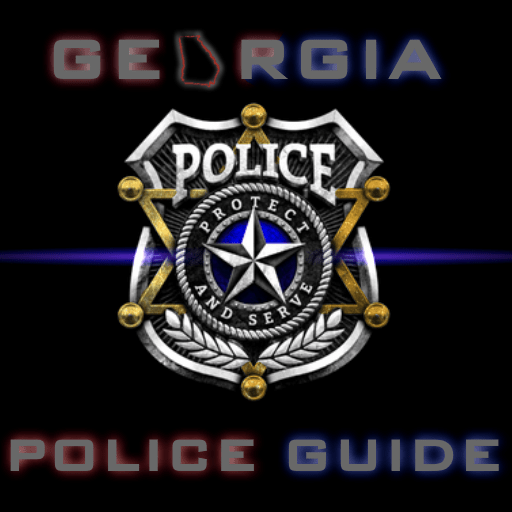Amended 2021 As used in this article, the term: (0.1) Abuse of access means the illegal taking of resources belonging to a disabled adult or elder person when access to the resources was obtained due to the disabled adults or elder persons mental or physical incapacity.
(1) Alzheimer’s disease means a progressive, degenerative disease or condition that attacks the brain and results in impaired memory, thinking, and behavior.
(2) Dementia means: (A) An irreversible global loss of cognitive function causing evident intellectual impairment which always includes memory loss, without alteration of state of consciousness, as diagnosed by a physician, and is severe enough to interfere with work or social activities, or both, and to require at least intermittent care or supervision; or (B) The comatose state of an adult resulting from any head injury.
(3) Disabled adult means a person 18 years of age or older who is mentally or physically incapacitated or has Alzheimer’s disease or dementia.
(4) Elder person means a person 65 years of age or older.
(5) Essential services means social, medical, psychiatric, or legal services necessary to safeguard a disabled adults, elder persons, or residents rights and resources and to maintain the physical and mental well-being of such person. Such services may include, but not be limited to, the provision of medical care for physical and mental health needs, assistance in personal hygiene, food, clothing, adequately heated and ventilated shelter, and protection from health and safety hazards.
(6) Exploit means illegally or improperly using a disabled adult or elder person or that persons resources through undue influence, coercion, harassment, duress, deception, false representation, false pretense, abuse of access, or other similar means for ones own or another persons profit or advantage.
(7) Long-term care facility means any skilled nursing facility, intermediate care home, assisted living com- munity, community living arrangement, or personal care home subject to regulation and licensure by the Department of Community Health.
(7.1) Mentally or physically incapacitated means an impairment which substantially affects an individuals ability to: (A) Provide personal protection; (B) Provide necessities, including but not limited to food, shelter, clothing, medical, or other health care; (C) Carry out the activities of daily living; or (D) Manage his or her resources.
(8) Resident means any person who is receiving treatment or care in any long-term care facility.
(9) Sexual abuse means the coercion for the purpose of self-gratification by a guardian or other person supervising the welfare or having immediate charge, control, or custody of a disabled adult, elder person, or resident to engage in any of the following conduct: (A) Lewd exhibition of the genitals or pubic area of any person; (B) Flagellation or torture by or upon a person who is unclothed or partially unclothed; (C) Condition of being fettered, bound, or otherwise physically restrained on the part of a person who is unclothed or partially clothed unless physical restraint is medically indicated; (D) Physical contact in an act of sexual stimulation or gratification with any person’s unclothed genitals, pubic area, or buttocks or with a females nude breasts; (E) Defecation or urination for the purpose of sexual stimulation of the viewer; or (F) Penetration of the vagina or rectum by any object except when done as part of a recognized medical or nursing procedure.
